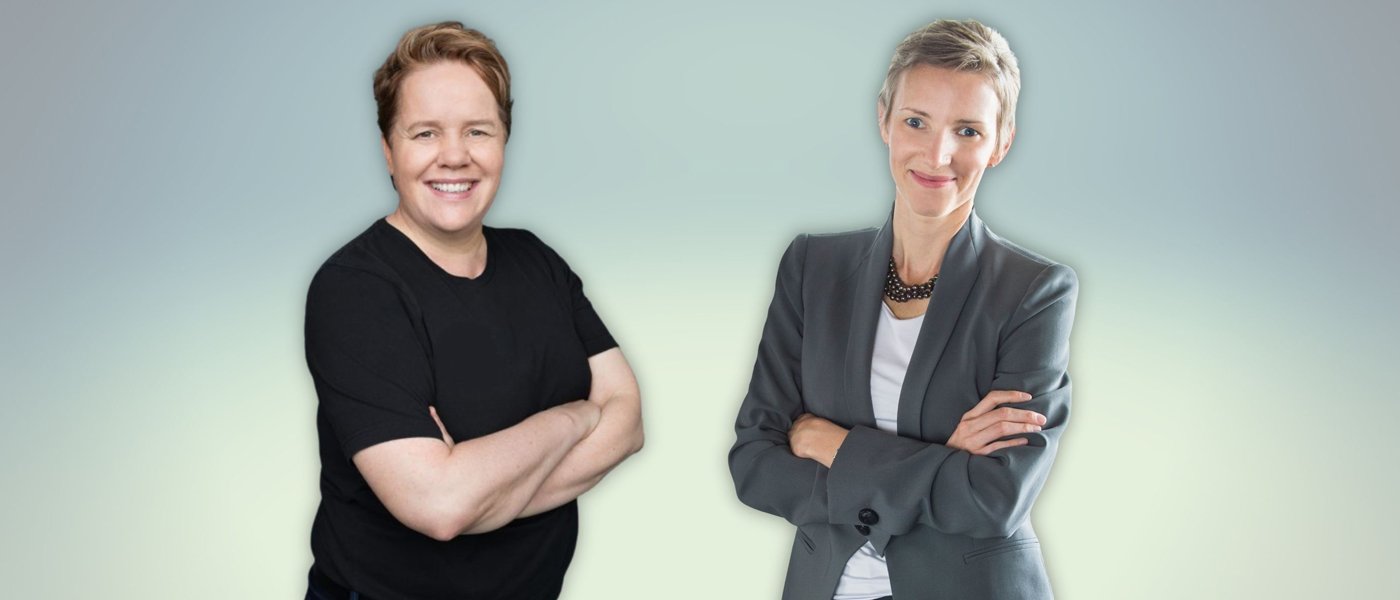Empowering Leadership
As I read the New York Times story about actress Gabby Beans’ Broadway debut in The Skin of Our Teeth, the first thing that resonated was the acknowledgment of Gabby’s powerful presence as felt by those she worked with and as well as the audiences she performed for. When they spoke about her presence, the director and her co-stars used words like confident, transformational fearlessness, boundless, invigorating, and ferocious.
With such a commanding presence, at only five feet three inches, Beans is the epitome of humility in that she does not give much credence to her own agency in getting the role. Instead, she attributes it to others providing opportunities on her behalf. On that point, she was correct. Others have noted her talent and made a way for her. It makes sense, then, that Gabby deeply admires songstress and actress Eartha Kitt for the way she relates to an audience and holds everyone’s attention with her presence. Which brings me to my second point of resonance.
What also captured me was how Gabby’s story beautifully reflected the focus of the book I’m currently reading—Unleashed: The Unapolologetic Leader’s Guide to Empowering Everyone Around You. The running black stallion on the cover and binding—in full stride and powerful gait—is a superb depiction of the formidable energy of being unleashed.
Gabby Beans was and is unleashed. She does what one of her cast members says actors rarely do these days—she plays to the balcony, giving audiences an expressive, rousing experience.
Unleashing Leadership
In Unleashed, authors Frances Frei & Anne Morriss, offer a new definition of leadership:
Leadership is about empowering other people as a result of your presence—and making sure that impact continues into your absence.
The perspective shift they want is a pivot away from focusing on ourselves—our talents, strengths, vision, failings, and other consuming leadership facets, to that of unleashing other people’s potential. This does not mean that we do not paying attention to our leadership development—just not as our sole focus. Our leadership effectiveness will be apparent when those we lead are wildly successful.
The question the authors pose is: how much time do we spend thinking about ourselves and our needs versus other people and their needs?
Frances and Morriss contend that it is our presence—rooted in trust, love, and belonging—that empowers others. The essence of that presence remains constant so that when we are physically absent, others continue to soar. Their concept of being “Ambassadors of Other People’s Awesomeness (OPA)” is a particularly uplifting exercise where we make a habit of letting people know what gifts or talent we see in them. I’ve witnessed how empowering this kind of recognition can be, when, at the end of my cohort coaching sessions, we ask each person to express a strength they see or a significant impact they’ve experienced directly to a colleague. Such a practice creates and releases a powerful energy of affirmation and possibility.
As an empowering leader, Frances and Morriss assert that we should:
Risk making other people the heroes of our leadership story
Take radical responsibility for other people’s experiences
Believe in a better version of individuals
Release the energy of possibility
Leaders who empower others make space for increased confidence in their capabilities and potential. Empowerment expects that people will take initiative, lean into their creativity, and take ownership—leading to greater fulfillment and engagement.
We might ask ourselves: Aside from the standard metrics of success, how do people experience our leadership?
Connecting with the worldview of Unleashed brings me full circle to my posts about the heroine’s journey, distinctive in its collaborative, empowering ways of courageously moving forward for ourselves and others.




